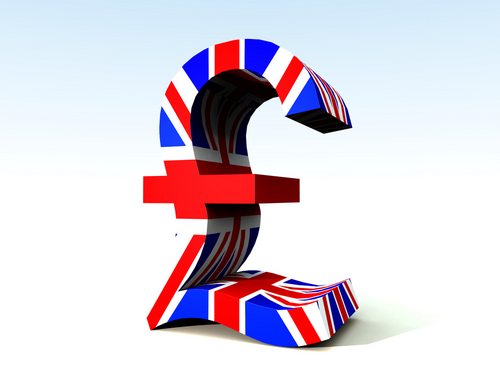Chapter 13 Bankruptcy: A Fresh Start for Your Financial Future
Chapter 13 bankruptcy is a legal process that allows individuals and businesses to reorganize their debts and pay them back over time. It is a way to get a fresh start financially and avoid foreclosure, repossession, and wage garnishment.
What is Chapter 13 bankruptcy?
Chapter 13 bankruptcy is a Chapter of the United States Bankruptcy Code. It is designed to help individuals and businesses who are struggling to repay their debts. Under Chapter 13, you will create a repayment plan that will last for three to five years. During this time, you will make monthly payments to your creditors. These payments will be based on your income and expenses.
Who is eligible for Chapter 13 bankruptcy?
To be eligible for Chapter 13 bankruptcy, you must:
- Be a U.S. citizen or resident
- Have a regular income
- Have debts that total less than $1.9 million (for individuals) or $3.8 million (for married couples filing jointly)
- Not have filed for bankruptcy in the past two years
What are the benefits of Chapter 13 bankruptcy?
Chapter 13 bankruptcy can offer several benefits, including:
- A fresh start financially. Chapter 13 bankruptcy can help you get rid of most of your debts, so you can start over with a clean slate.
- Protection from creditors. While you are in Chapter 13 bankruptcy, your creditors cannot take legal action against you to collect their debts.
- The ability to keep your property. In most cases, you will be able to keep your home, car, and other personal property.
- Lower monthly payments. Your Chapter 13 repayment plan will be based on your income and expenses. This means that your monthly payments will be affordable.
What are the drawbacks of Chapter 13 bankruptcy?
Chapter 13 bankruptcy does have some drawbacks, including:
- It can be a long process. Chapter 13 bankruptcy can take up to five years to complete.
- You will have to make monthly payments for three to five years. These payments can be a financial burden.
- Your credit score will be affected. Chapter 13 bankruptcy will stay on your credit report for seven years.
Should you file for Chapter 13 bankruptcy?
Chapter 13 bankruptcy is a serious decision. It is important to weigh the benefits and drawbacks carefully before you decide if it is right for you. If you are struggling to repay your debts, you should talk to a bankruptcy attorney to learn more about your options.
How to File for Chapter 13 Bankruptcy
To file for Chapter 13 bankruptcy, you will need to:
- Gather your documents. You will need to gather all of your financial documents, including your tax returns, pay stubs, and bank statements.
- Find a bankruptcy attorney. You should hire a bankruptcy attorney to help you file for bankruptcy. Your attorney will guide you through the process and help you make the best decisions for your situation.
- File your bankruptcy petition. Once you have gathered your documents and hired an attorney, you can file your bankruptcy petition. Your attorney will help you fill out the necessary forms and file them with the court.
- Attend your bankruptcy hearing. After you file your bankruptcy petition, you will have to attend a bankruptcy hearing. At this hearing, the judge will review your petition and make sure that you meet the eligibility requirements for Chapter 13 bankruptcy.
- Create a repayment plan. Once your bankruptcy is approved, you will need to create a repayment plan. Your repayment plan will set out how you will repay your debts over the course of three to five years.
- Make your monthly payments. During your Chapter 13 bankruptcy, you will be required to make monthly payments to your creditors. These payments will be based on your income and expenses.
- Receive a discharge. After you have made all of your monthly payments, you will receive a discharge. This means that your debts will be forgiven, and you will be able to start over with a clean slate.
Conclusion
Chapter 13 bankruptcy can be a helpful tool for people who are struggling to repay their debts. It can provide a fresh start financially and help you avoid foreclosure, repossession, and wage garnishment. If you are considering filing for Chapter 13 bankruptcy, you should talk to a bankruptcy attorney to learn more about your options.
Additional Resources
- The United States Bankruptcy Code
- The American Bankruptcy Institute
- [The National Association of Consumer Bankruptcy Attorneys
Memorandum:

